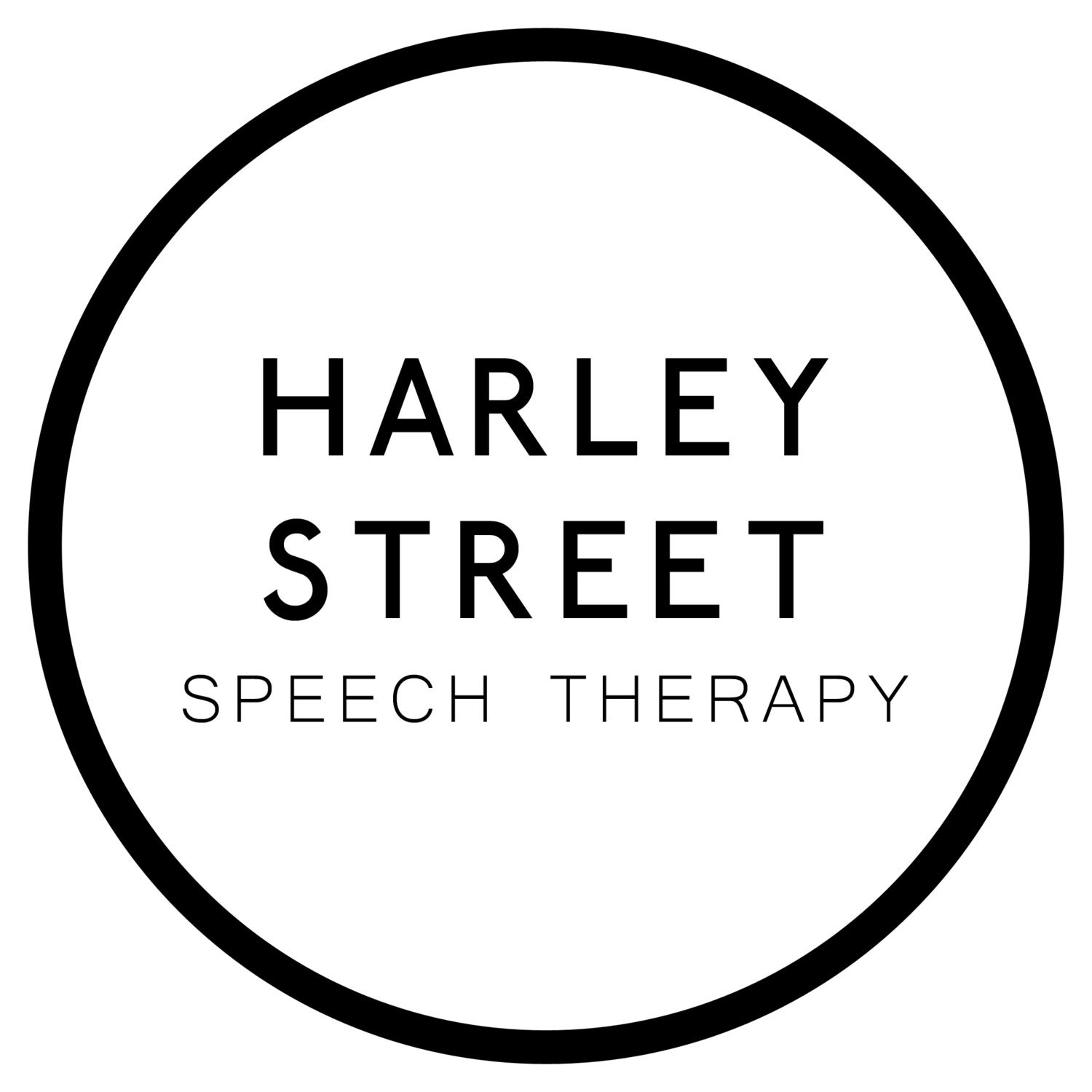Frequently Asked Questions
What are your working hours?
I see patients at my Harley Street clinic on Saturdays (11am - 6pm) and Wednesday and Thursday evenings (4pm - 9:30pm). I am available for online therapy on Mondays, Tuesdays and Fridays (12pm - 8pm)
Can stammering in adults be ‘cured’?
There is currently no cure for stammering. However, there are many strategies that can be learnt that help people manage their stammer and achieve a greater degree of fluency. It’s important to also address your thoughts and feelings about stammering, as these can sometimes be unhelpful and lead to certain avoidance behaviours.
My child stammers - what can I do to help them?
When a stammer emerges in a child’s speech, it's natural to perhaps feel a sense of alarm and to want to rush to help. First of all, it’s important to remember that stammering isn’t caused by parents - whether it be through discipline, pushiness, or raising your child to be bilingual. For many children, a period of dysfluency will be a natural phase of their language development and their stammer will soon disappear. If their stammer stays around for longer than expected, and it’s becoming problematic, then there are various approaches we can consider. For younger ones, approaches such as The Lidcombe Programme and Palin PCI have been shown to be effective. It’s generally thought before the age of 7, intervention should take an indirect approach, which means changing their communication environment to make it more conducive to fluent speech. Above the age of 7, depending on their awareness and maturity, children may be more likely to benefit from a more direct approach - working on fluency strategies and addressing their stammer in a more open way.
Do Speech Therapists still work on breathing?
Whilst things like Diaphragmatic / Costal Breathing have traditionally been taught as ways to assist more fluent speech, it’s important to remember that there's no research evidence to suggest they help in the long term. Scott Yaruss writes very compellingly on the subject here. Some people do report that focussing on their breathing helps, but the effect is likely to be more psychological than physiological. We can talk about breathing patterns if you like, but we won’t be doing any breathing exercises in therapy.
How many sessions do I need?
It’s difficult to say until we’ve had our initial meeting. Some people just need a little advice and some signposting, but for those wishing to pursue a longer-term course of treatment then 6 sessions is usually a good place to start. You’re of course free to withdraw from therapy at any point.
Why do I not stammer when I sing?
It’s one of the many mysteries around stammering, and there are a few different answers proposed by researchers. Firstly, there’s evidence that the brain functions differently for singing than it does for talking. There are also different rhythmic patterns at play, and there’s rarely a language-planning element involved. A similar effect can be seen in choral speech, where more than one person speaks the same words simultaneously.
I’m not in the UK - can I still access Speech and Language Therapy with you?
Yes, please do take a look at the ‘Online Therapy’ section of my site. My preferred way of connecting is by Zoom
